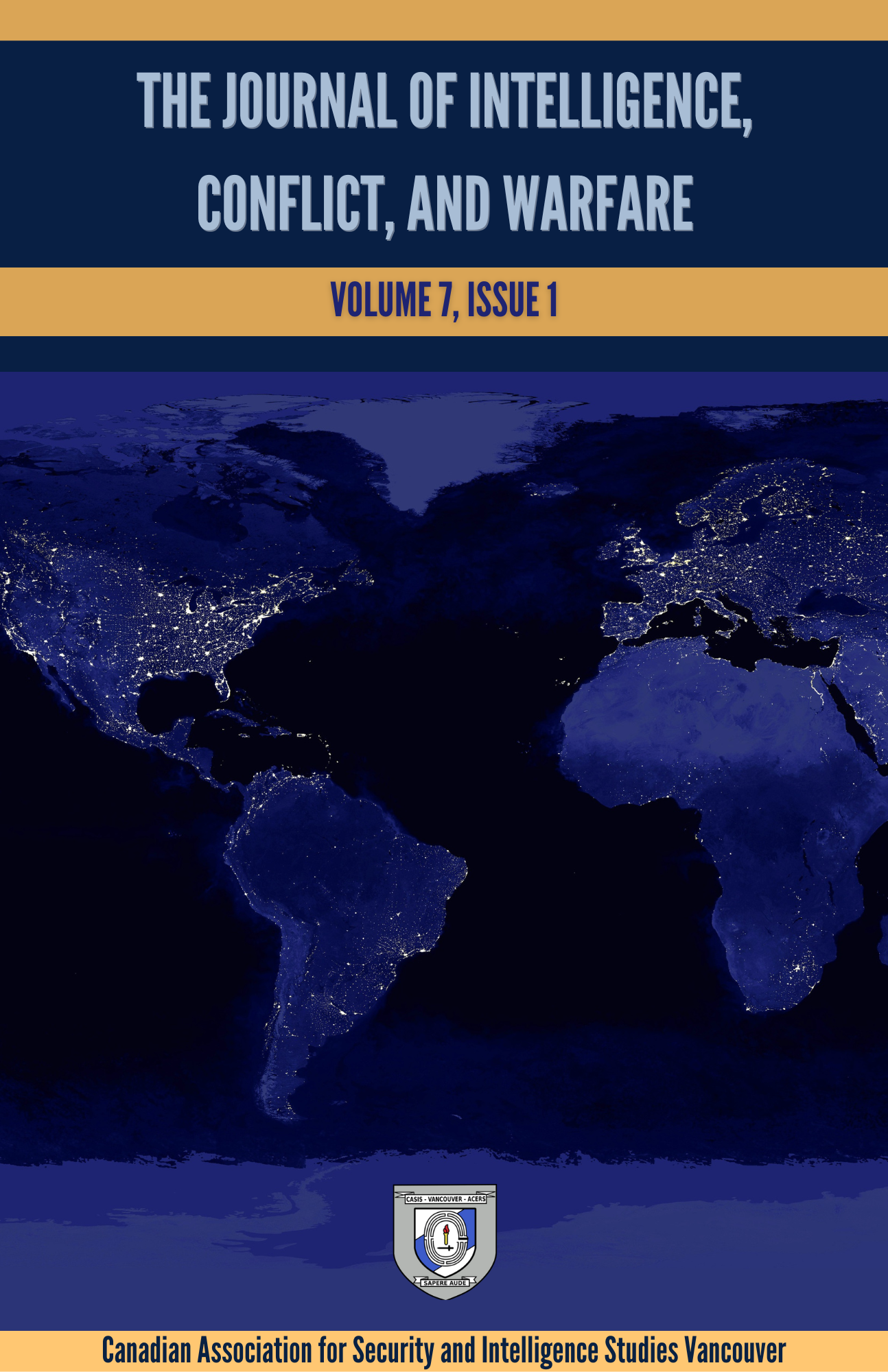Résumé
The conflict in Sudan between its military forces and a rival paramilitary group, exacerbated by allied militias, has escalated into a dire humanitarian crisis, reminiscent of past civil wars where hundreds of thousands perished. This ongoing struggle, marked by thousands of casualties and millions displaced, centers on a power struggle between the Sudanese Armed Forces (SAF) and the Rapid Support Forces (RSF), with global powers seeking to influence the outcome. Despite initial hopes for democracy following the ousting of former dictator Omar al-Bashir in 2019, political turmoil ensued, culminating in a failed transitional government and the assumption of power by General Abdel Fattah al-Burhan. Despite agreements aimed at civilian-led transition, missed deadlines and the contentious integration of the RSF into the national armed forces perpetuate the conflict. Amidst this turmoil, international sanctions target entities funding the conflict, such as Alkhaleej Bank, Al-Fakher Advanced Works, and Zadna International, among others, reflecting broader efforts to disrupt funding sources and facilitate a democratic transition. In this context, this research delves into the underlying factors driving the conflict in Sudan.
Received: 05-19-2024
Revised: 05-27-2024

Cette œuvre est sous licence Creative Commons Attribution - Pas d'Utilisation Commerciale - Pas de Modification 4.0 International.
(c) Tous droits réservés Frederick Appiah Afriyie 2024
